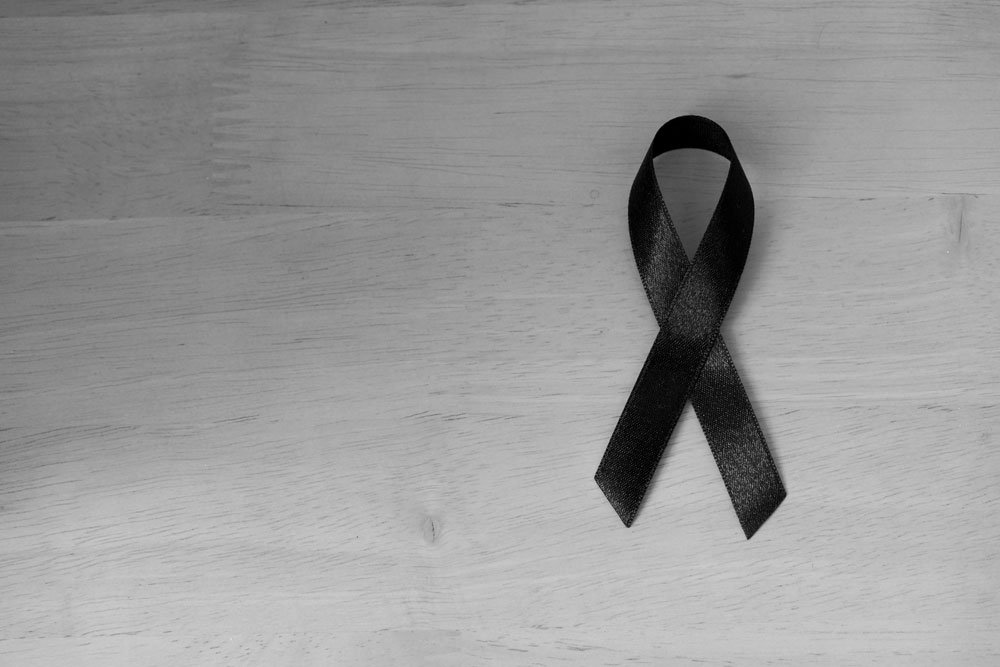Harry Selby, consummate hunter and former guide of Robert Ruark, has died. He was 92.
Selby was a well-known professional hunter during what has been called the golden age of African hunting. He guided hunters and photographers on safari for 56 years; in the process, he saw the sport change in numerous ways—some for the better, some for the worse.
John Henry Selby was born on July 22, 1925, in Frankfort, South Africa. When he was 3, his family moved to a sprawling cattle ranch in Kenya that also happened to be rich with game. Young Selby took advantage, acquiring a fluidity with firearms that would serve him well as an adult. He began by hunting various fowl species and gazelles, then progressed to big game. He reportedly shot his first elephant at the ripe old age of 14.
After World War II, Selby worked as a mechanic for the legendary outfitter Philip Percival, who guided such legendary sportsmen as Theodore Roosevelt and Ernest Hemingway. Percival recognized talent when he saw it and took Selby under his wing, molding the younger hunter into a successful PH in his own right. As a result, Selby was an established name in the industry by the age of 22, later joining the safari firm of Ker & Downey.
Perhaps his greatest claim to fame came when Horn of the Hunter was published. In 1949, Robert Ruark took his much-anticipated six-week safari in Africa. Ruark requested to hunt with the PH who employed the renowned tracker Kidogo, which just so happened to be 24-year-old Selby. Later, in 1953, Ruark would publish his account of that hunt, making Selby a household name among safari-goers—and the PH to hire if you wanted an unforgettable adventure. He was booked five years in advance at one point.
Ruark famously described Selby as:
“. . . an extraordinarily handsome young man, with the kind of curly black hair and dark eyes that bring out the mother in women. He also has wrists as thick as an ordinary man’s ankles, and a hard mouth that turns down at the corners. In town, he looks like what the writers call a ‘pretty boy.’ Taking him into the bush, among the blacks and the beasts, and he is called ‘m’zee’ by natives. M’zee means old man. It means respected, ancient sir. It means wisdom and courage and experience. At that particular moment I decided that I had met few people with so much to admire and so little to worry about.”
Ruark later hunted with Selby again, this time with their adventures appearing on film. The result was Africa Adventure, a one-hour documentary.
Selby married Maria Elizabeth Clulow (“Miki”) in 1953. The couple had two children: Mark, who passed away in 2017, and Gail. Selby continued to guide in his adopted home of Kenya until turmoil surrounding the country’s approaching independence from Great Britain threatened the then-colony’s hunting industry. In 1963, with the future uncertain and a new directorship position offered with Ker & Downey, Selby moved his family to Bechuanaland (present-day Botswana), where the company became Ker, Downey & Selby Safaris.
In 1970, Selby became the first outfitter to open a photographic safari lodge in Botswana—Belmond Khwai River Lodge. Foreign clients were clambering for opportunities to photograph the wild places he was warmly familiar with, and he was happy to oblige. He would continue to host both hunters and photographers for the rest of his career.
It wasn’t all sunshine and roses, though. With a career spanning several decades, Selby saw a world of change come to the safari industry. Hunts that had once lasted months now lasted a few weeks at best. Clients expected more of the modern conveniences of the city even while in the bush. Selby accommodated, and he accommodated well: His camps were known for their electricity, flushing toilets, and hot showers, as well as dining facilities with real silverware. Still, it wasn’t the same as the good old days.
“It was inevitable that ‘safari’ had to change, and it will continue to change in order to exist,” Selby wrote in Sports Afield. “Africa itself has changed out of all recognition both physically and politically, and the old-time self-contained safari would have no place to go in today’s Africa.
“There are hunters today who would prefer to have experienced the sense of freedom of an old-time safari, as I am sure there were those who went on safari many years ago who would have preferred something along the lines of what is offered today. The two experiences are as different as night is from day; the only feature common to both is the name . . . that magical word, ‘safari.’”
Selby stayed active far into his old age, guiding full time until 1997. He fully retired from the last great adventure in 2000 at the age of 75.
Selby died Saturday, January 20, 2018, at his home in Maun, Botswana. According to the New York Times, Gail contacted American writer and Selby’s former protégé Joe Coogan to break the news. No cause was given for his passing. He is survived by Miki, Gail, and several grandchildren.
May he rest in peace.
Photo: 3283197d_273/iStock

